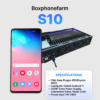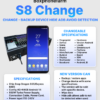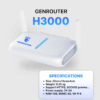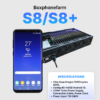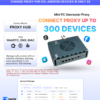What is a Mini PC? This is a question many people are interested in as technology continues to develop and the demand for computer devices becomes more diverse. With a compact design and powerful performance, mini PCs are becoming a popular choice for those who want to save space while still ensuring good work performance.
What is a Mini PC?
A Mini PC, also known as a PC mini, is a type of desktop computer that is smaller than a traditional computer. They are often designed to be easily moved and installed anywhere without taking up too much space. Despite their compact size, mini PCs can still provide relatively high performance, meeting daily usage needs such as web browsing, word processing, light gaming, or watching movies.
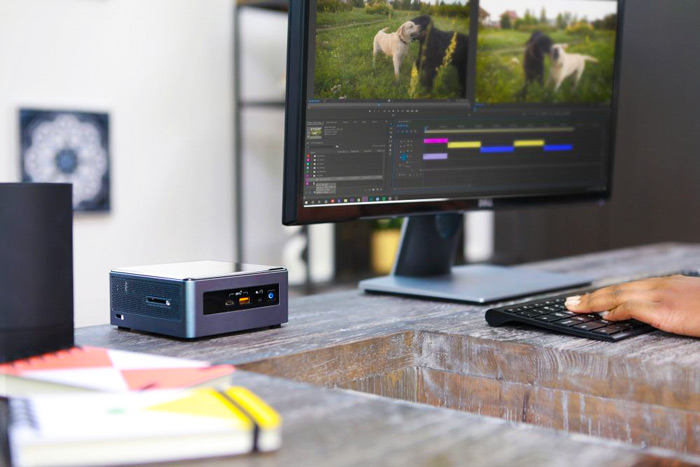
Types of Mini PCs
There are two main types of mini PCs on the market today:
Barebone
A barebone is a type of mini PC that is not fully equipped with internal components. Users will need to assemble and upgrade components such as RAM, hard drives, graphics cards, etc., themselves. This type is suitable for those who love customization and want to save costs by building their own configuration.
Ready To Go
Ready To Go is a type of mini PC that is fully assembled and ready to use right after purchase. Users just need to connect it to a monitor, keyboard, and mouse to start working. This type is suitable for people who do not have much technical knowledge or simply want to save time.
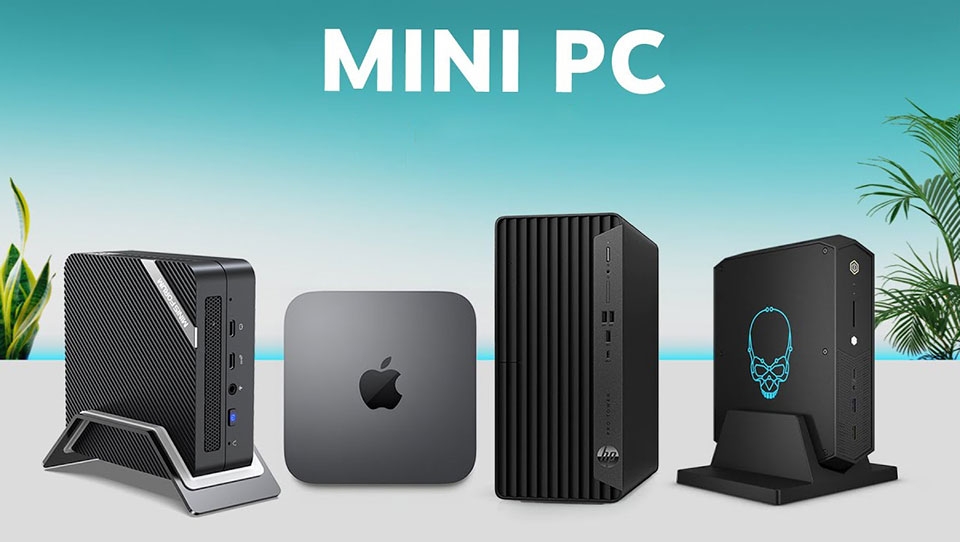
What’s special about a Mini PC?
The prominence of mini PCs comes from many different factors:
Compact size, doesn’t take up much space
Mini PCs have a small size, often just the size of a book or a lunchbox, helping users save significant space in their office or living room. You can easily place them on your desk without worrying about them taking up space.
Low power consumption
A major advantage of mini PCs is their low power consumption, which helps you save on electricity bills every month. This is also beneficial for the environment, as it reduces carbon emissions from electricity production.
Mini PC RAM is like Laptop RAM
Mini PCs often use RAM of a similar size to laptop RAM, making it easy for users to find and replace if an upgrade is needed.
Uses M.2 and 2.5-inch hard drives
Most mini PCs support M.2 and 2.5-inch hard drives, giving users many options for storage capacity and data access speed.
Integrated Intel and AMD CPUs
Mini PCs are often equipped with Intel and AMD CPUs, ensuring good performance for daily tasks as well as some more demanding applications.
Uses Windows and Linux operating systems
Users can choose between Windows and Linux operating systems, depending on their usage needs and personal preferences. This creates flexibility for the user.
Diverse connection ports
Mini PCs are equipped with many different connection ports, including USB, HDMI, Ethernet, making it easy for users to connect to other peripheral devices such as monitors, keyboards, mice, and many other devices.
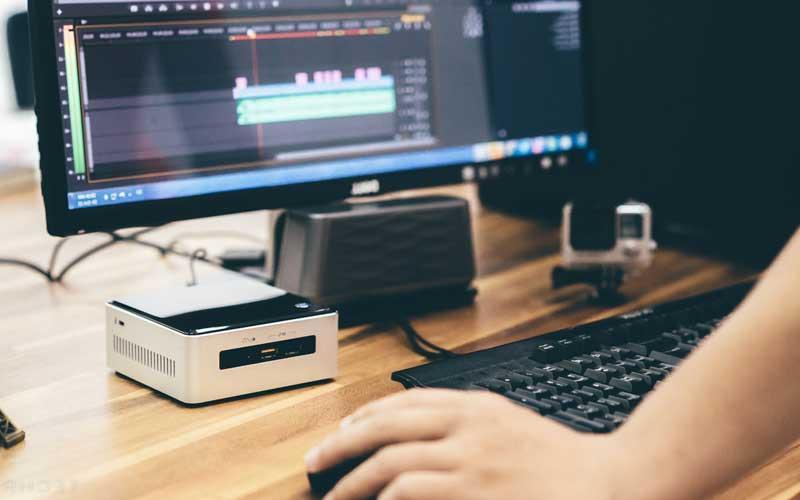
Some limitations of Mini PCs
Despite having many advantages, mini PCs also have certain limitations:
No accessories included
Many mini PCs do not come with accessories like a keyboard, mouse, or monitor, forcing users to spend extra money on these devices.
Many parts cannot be removed for upgrades
Some mini PC models have a fixed design, making it difficult to upgrade components. This can reduce future expandability.
Mini PCs are not suitable for gaming
Although some mini PCs can run light games, most are not powerful enough to handle high-graphics games or demanding applications.
Low heat dissipation capability
With their compact size, mini PCs often have poorer heat dissipation than larger desktop computers, which can lead to overheating if used for long periods.
Relatively high price
Quality and compact design often come with a high price, which can sometimes be higher than traditional desktop computers in the same segment.
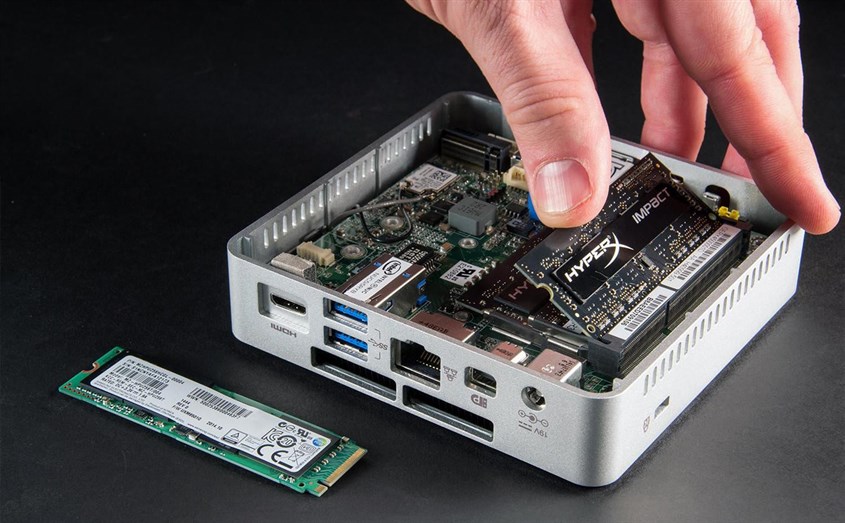
Should you buy a mini PC?
The decision of whether to buy a mini PC depends on your needs and purposes. If you need a compact, power-efficient computer device that is capable of handling basic office tasks, a mini PC is an excellent choice. However, if you are a gamer or need a powerful system for heavy tasks, you may need to consider other options.
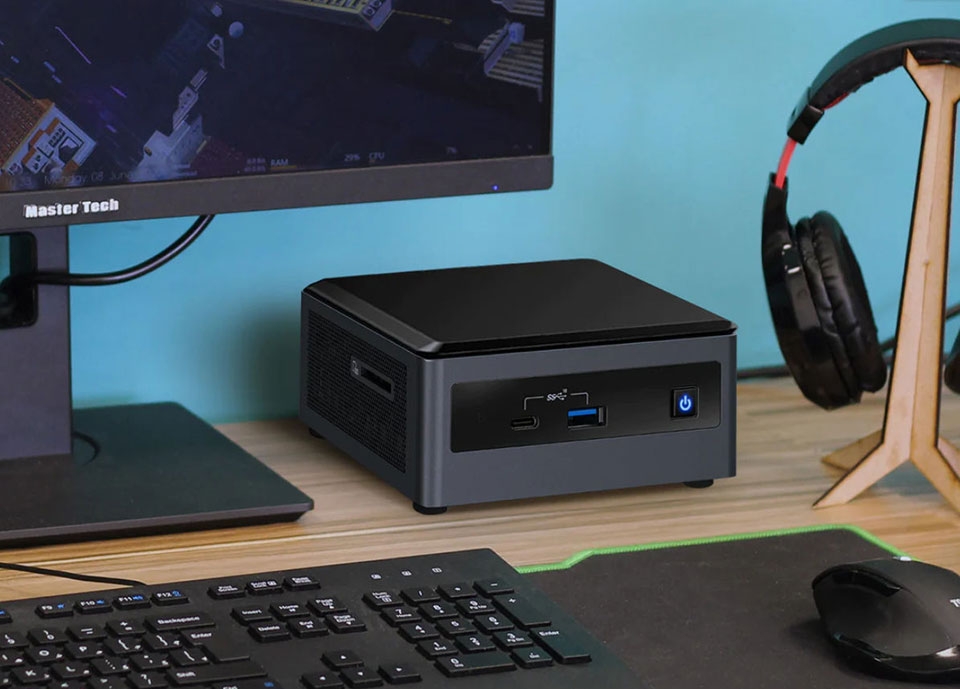
Conclusion
In the context of today’s strong technological development, the mini PC is increasingly becoming an optimal solution for those who want a compact and efficient computer device. With its advantages and limitations, users need to consider carefully before making a purchase. Hopefully, this article has given you an overview of mini PCs and helped you make a suitable decision for your usage needs.







